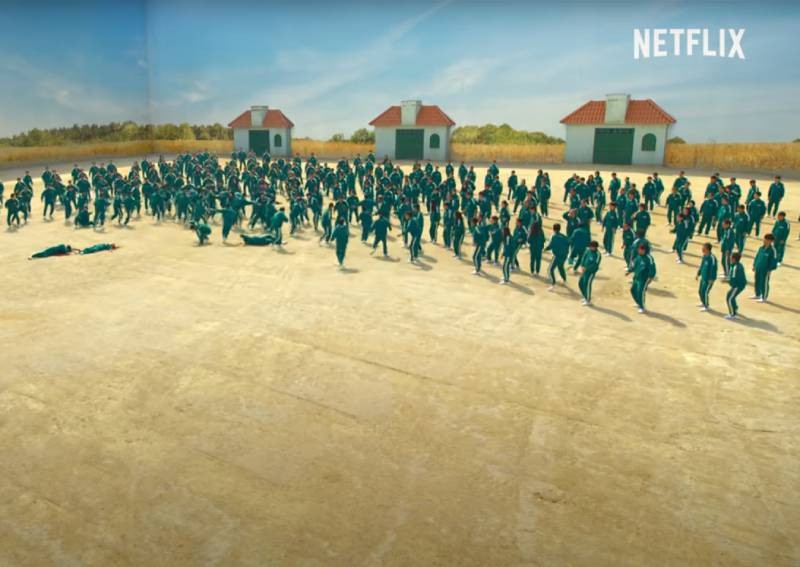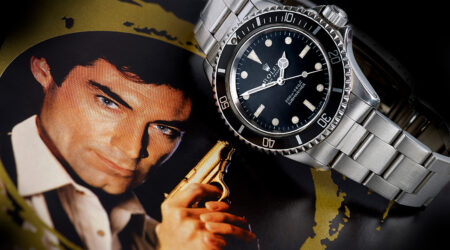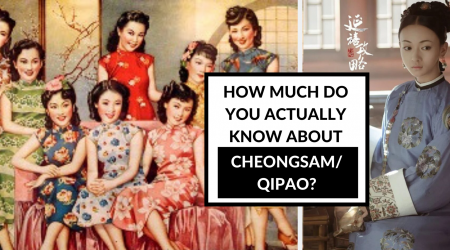Childhood games that Squid Game reminds us of – violent ends not included

By now, your social media feeds and text conversations would be riddled with talk of the global Netflix chart-topping series, “Squid Game” – and hot debates about whether it’s awesome and addictive or reeks of plagiarism and lack of originality.
Either way, the Korean drama series has brought to mind – and, for some, ruined – the memories of beloved childhood games.
If you don’t know about or don’t plan to watch “Squid Game”, the show essentially revolves around a horde of people who are heavily in debt.
They participate in childhood games (with bloody, violent and deadly outcomes) to win a top cash prize of 45.6 billion won (S$52 million) – that’s over $52 million okay, dun play-play.
Or rather, don’t anyhow play. Unless you don’t mind having your brains blown out.
We don’t want to reveal the childhood games played in the series (the revelation of the game in each episode is part of the thrill), but they do remind us of the ones many of us played in our very Singaporean childhood.
(Although we couldn’t imagine Five Stones being any sort of high-stake life-or-death activity – CATCH OR DIE AH!)
Of course, different generations played different games – see which one(s) you identify with:
Five stones
If you lived in a kampung, you literally found five stones or pebbles or big seeds to play this game.
Later, these were replaced by tetrahedrons of cloth filled with sand or rice. Each player took turns to go through a series of tosses and catches.
- You would first throw all five “stones” on the ground.
- You would then toss one “stone” in the air, and use the same hand to pick up one on the ground and then catch the falling “stone”.
- With two “stones” in your hand, you would toss one of them, pick up another from the ground, and catch the falling “stone”. You would now have three “stones” in hand.
- This would continue until all the five “stones” were in hand.
- That would complete Stage one.
See the video above for all eight stages.
If this were Squid Game, you would most likely be taken out if you dropped a “stone”.
Pick-up sticks
One player holds the bunch of coloured sticks upright, then releases his grip, allowing the sticks to fall in a random arrangement.
Each player takes turns to pick up one coloured stick without disturbing or moving the rest. If that happens, the player has to let the stick go, and the next player will have their turn.
The one who picks up the most sticks wins. The one with the least loses or, in the case of Squid Game, is dead.
Capteh
Pronounced “chap-teh“, this game involves keeping an object (made out of a flat rubber base and a sprout of colourful feathers) aloft by using only the kick of one’s heel. No hands allowed.
According to Roots, this game dates back to the fifth century BC China!
Catch aka Tag aka play catching
“Want to play catching?” was, is, and probably will always be one of the most uttered phrases in a Singaporean’s childhood.
It’s such a primal instinct to want to “catch prey”, and this most basic of games involves running after and catching each other while tearing through void decks, basketball courts and down corridors, and generally having the time of your life being a complete nuisance to all your neighbours.
Flipping erasers
With a dexterous flick of the wrist, you try your best to flip your eraser completely over your opponent’s. If that happens, you claim their eraser.
The game is often played with erasers showing the flags of different countries, and the winner can hao lian the title of World Leader.

PS1
If this was part of your childhood, then your parents are most likely Gen X-ers who spent their childhood playing Zero Point (what boomers refer to as Yeh Yeh).
This was a game of jumping over a rope made of rubber bands that was progressively raised by two people holding each end from the ground, to the knee, to the waist, all the way to above their heads.
But to you, Metal Gear Solid, Final Fantasy 7 and Tekken 3 were where it was at.
If you’re still very much into video games, check out all our gaming content here, including a list of awesome ones made in Singapore.












Leave a Reply